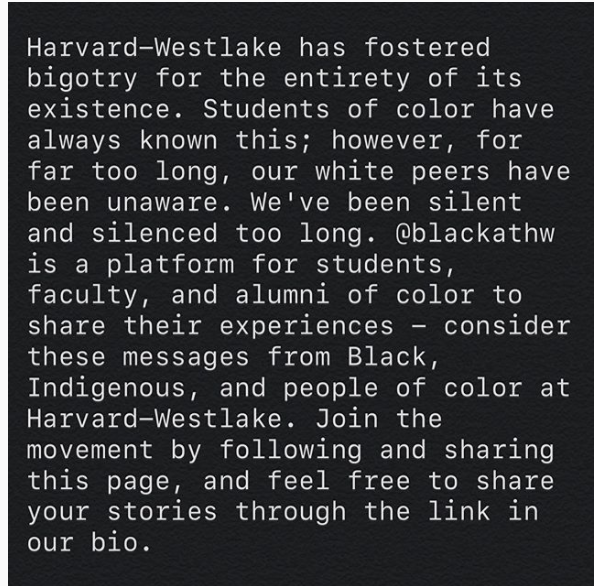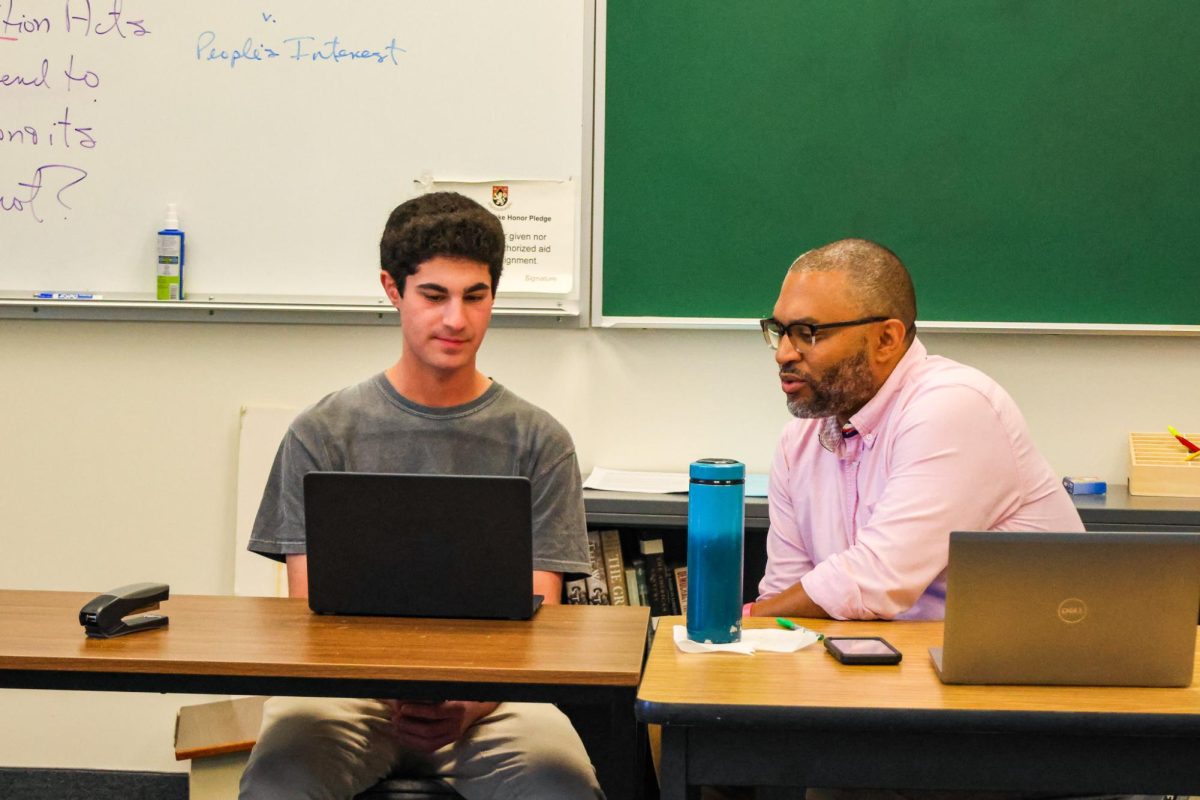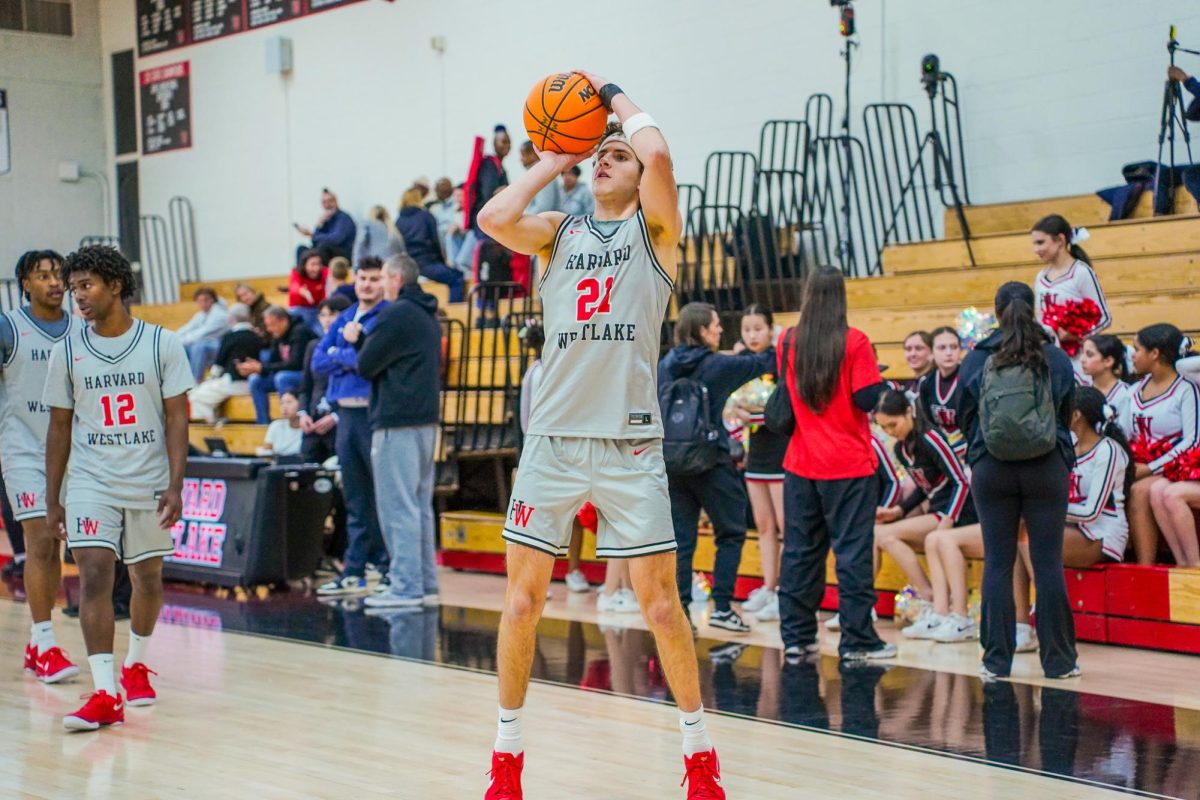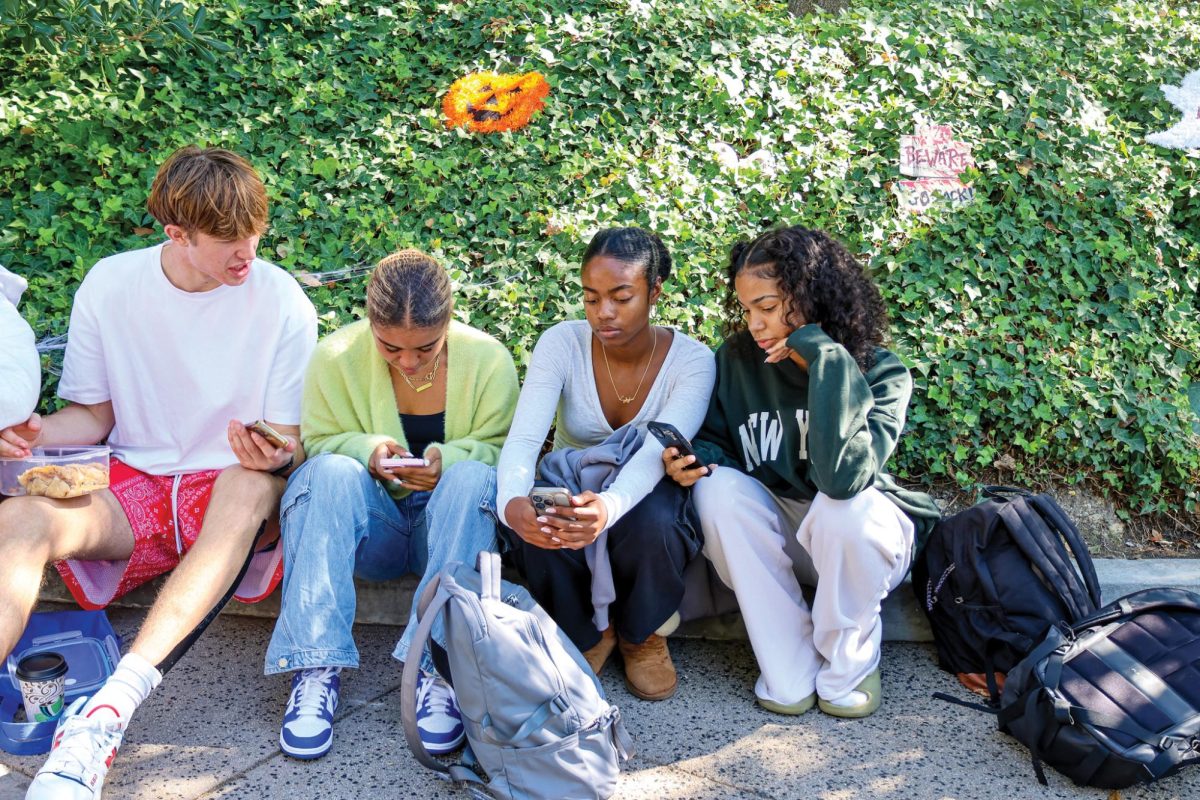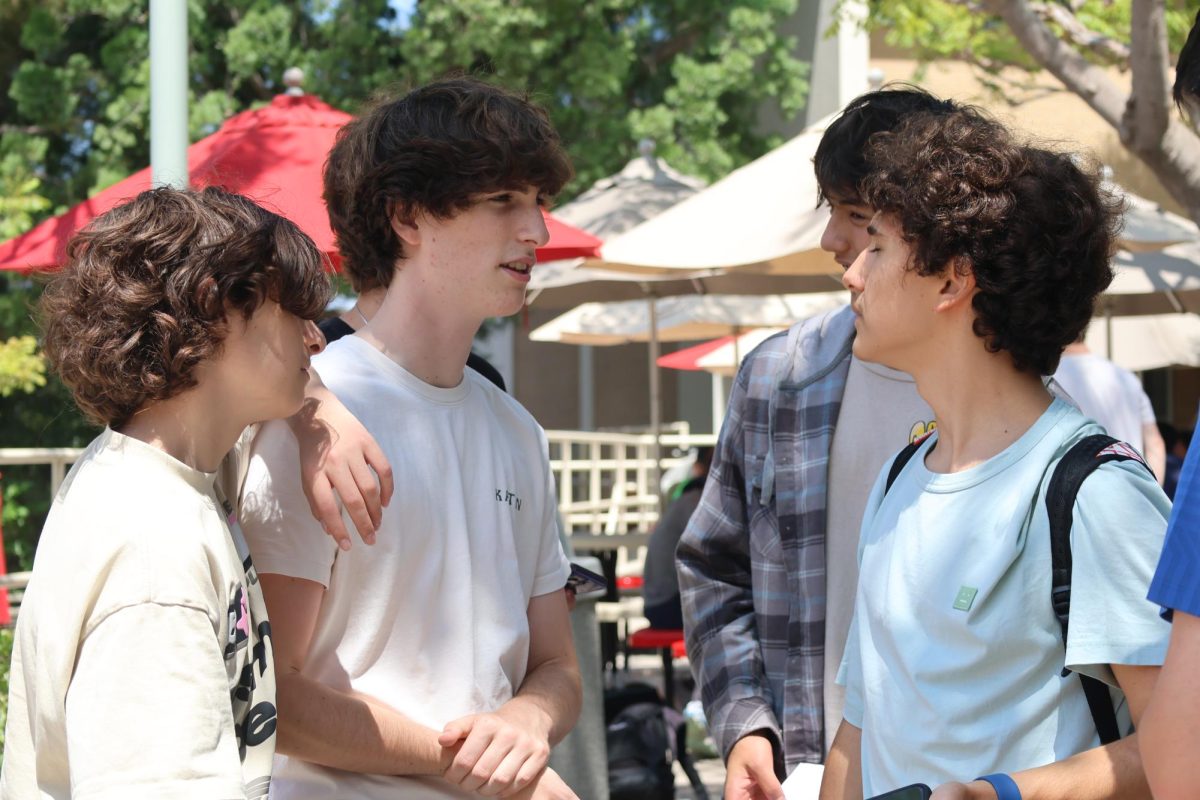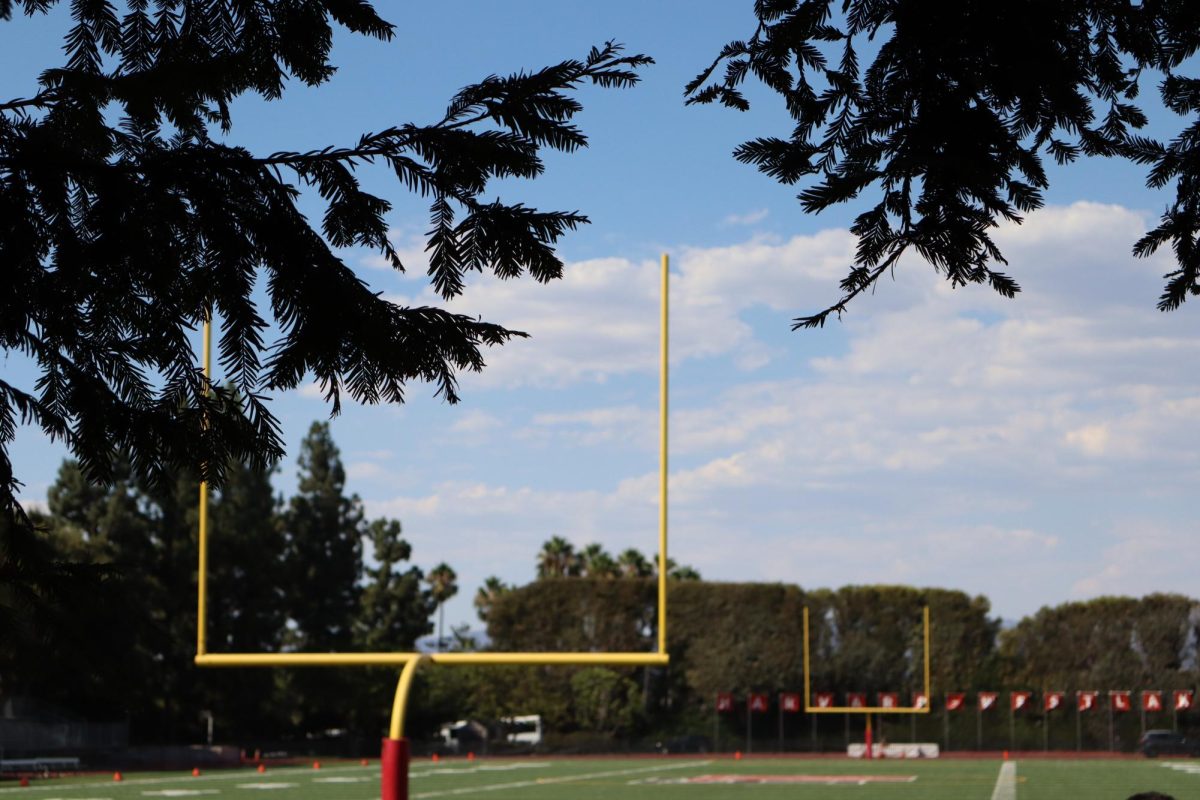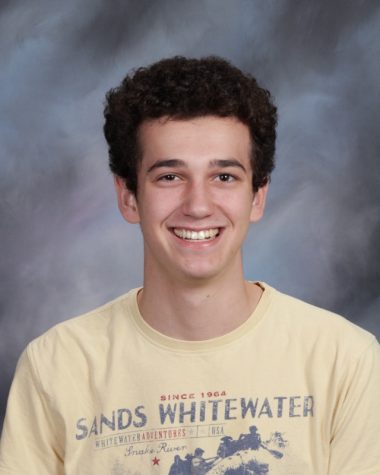Class of 2019 alumni founded an Instagram account named “blackathw” June 21 to highlight the experiences and injustices Black students and people of color face at the school. The account is one of many recently created to address racial inequality within private schools across Los Angeles, such as “blackatoakwood,” “blackatxroads” and “dear_marlborough.”
The account’s founders, who preferred to remain anonymous, said numerous individuals submitted firsthand accounts of racism through a Google Form linked on their Instagram biography. As of approximately two weeks ago, they said they already had almost 55 submissions.
Initially, the founders said they considered ensuring that the stories were real by requiring that those who fill out the form provide information such as their school email address. After further consideration, they said they decided that verifying peoples’ stories was not a pressing issue and that those who participated should hold themselves accountable for being truthful.
The founders said they drew inspiration from a previously circulated document of more than 100 stories, but created the account to increase awareness among a wider range of people.
“We wanted people of color, especially Black people, to recognize that they weren’t alone in the experiences they might have had,” one founder said. “We also wanted a broader white audience to understand that this kind of stuff happened almost every day at school, and that just because it wasn’t publicized or wasn’t made to be as much of a topic as things like honor board cases, that doesn’t mean that it didn’t happen and that it wasn’t covered up and that it wasn’t handled improperly by the administration.”
The account creators said they hope the platform will help them communicate with the administration and foster greater transparency within the school community.
“Visibility is our top priority with getting these stories out,” another founder said. “We hope to, through some talking with the school and some demands we have, to make visibility of these cases something that Harvard-Westlake does themselves, so hopefully taking that out of our hands to have to continue to put stories out. But as long as that’s not happening, I mean, we’ll keep putting stories out, and even if we don’t run the account, we’ll pass it on to somebody else.”
Although the account organizers said they were prepared to share their own encounters with injustice at school, they said they received so many submissions that they decided to give the platform to others. Still, they said they related to the posts.
“All Black people at Harvard-Westlake know that at many times, it can feel very unwelcoming,” one founder said. “There’s, I feel like, so many problems with inclusivity and even with the types of diversity that Harvard-Westlake engages in. So I think every Black person really knows it’s just the struggles of being Black at Harvard-Westlake.”
In response to the Instagram account and other calls for action, President Rick Commons and incoming Associate Head of School Laura Ross said they are organizing more initiatives in order to improve the school’s inclusivity on a broader scale.
“A couple of the things that we are planning to do include an audit, a [Diversity, Equity and Inclusion] audit, that looks at every class and considers the curriculum, seven through 12, in every department, from the perspective of our desire to foster an antiracist community at Harvard-Westlake,” Commons said. “We are also focused on additional training and discussion for the faculty and staff of antiracism and how we can bring that to Harvard-Westlake in a forceful and lasting way. The entire leadership team will have a full day of training and discussion in early August. The Board of Trustees is preparing to do the same kind of training and discussion in an effort to create a vision for an antiracist Harvard-Westlake.”
Regarding the account’s first post, which said the school fostered racism as an institution itself, Ross and Commons said they recognize that the school was founded as a place of privilege for primarily white people. Nevertheless, they said they are motivated to continue to improve the school’s culture, even while recognizing the role it has played in maintaining a certain level of inequality.
“I think that we’re in a time in our country’s history and our school’s history of reckoning with the fact that while there has been progress in correcting racial injustice, it’s been gradual, and we have a long way to go,” Commons said. “And to some degree, in being measured in our approach, I think that it is not unfair for people to feel that the school has, however unintentionally, fostered racism.”
Ross said that in addition to handling problems involving racial injustice as they arise, the school must also look at the bigger picture.
“The framing is sort of moving from a school that is working on equity and inclusion, but also thinking about ‘how can you actively be an antiracist institution?’” Ross said. “Helping to dismantle the systems that have been created as opposed to just ensuring ‘is our community equitable?’ That’s important, right, but how can we take the opportunity of the resources we have to help have Harvard-Westlake be the kind of school that makes a difference in the world?”
Commons said reading the stories on the account and talking with students of color allowed him to further understand the work the school still has to do. Despite some concern over how an account like “blackathw” could affect the school’s image, Commons said he is more focused on the problem at hand.
Commons, who reached out to the account’s founders July 1, said that although the stories are upsetting, they are essential to understand.
“It’s motivating to read what has been written because to know of the painful firsthand way that students at Harvard-Westlake, Black students and other students of color, have experienced bias and racism and injustice at Harvard-Westlake, is extremely painful,” Commons said. “We hate reading [the Instagram posts], and yet, it is motivating to know that we’ve got to create a culture and a community that is strong in ways that we have been weak.”



























